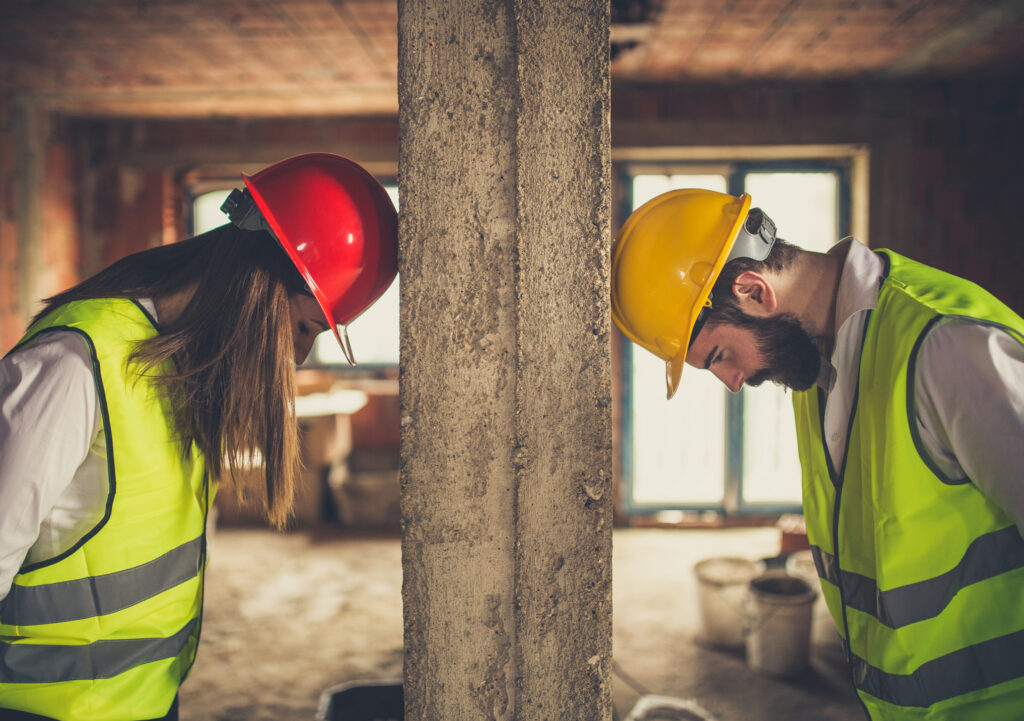
Five of the Most Common Construction Disputes that Require Construction Lawyers
Construction projects are often complex endeavors involving multiple parties, intricate contracts, and significant investments. Despite meticulous planning, disputes can arise, posing challenges that require legal expertise to resolve effectively. Here’s a look at the most common construction disputes and how and why construction lawyers play a crucial role in their resolution:
What is a Construction Dispute?
A construction dispute refers to any disagreement or conflict that arises during the planning, execution, or completion of a construction project. These disputes can involve various stakeholders, including contractors, subcontractors, suppliers, developers, architects, and property owners. Disagreements typically revolve around contractual obligations, project delays, defects, payment issues, and scope of work disputes.
Five of the Most Common Types of Construction Disputes
- Payment Disputes: These disputes often arise when disagreements over the amount owed, timing of payments, or work quality issues affect payment release.
- Delay and Disruption Claims: Delays in project timelines or disruptions to the construction process can lead to disputes regarding responsibility, extensions of time, and compensation for additional costs incurred.
- Construction Defects: Disputes over construction defects involve disagreements about the quality of workmanship or materials used, which may affect the functionality, safety, or aesthetics of the completed project.
- Contract Interpretation: Differences in interpreting contract terms, conditions, or scope of work can result in disputes regarding the responsibilities, obligations, and rights of the parties involved.
- Insurance and Indemnity Issues: Disputes may arise concerning insurance coverage, liability for accidents or damages, and the enforcement of indemnification clauses among project participants.
The Reasons Behind Construction Disputes
Construction disputes can stem from a variety of factors, including inadequate project documentation, poor communication, unforeseen site conditions, design errors, unrealistic project expectations, changes in project scope, and economic pressures. These factors can also escalate disagreements, leading to legal proceedings if not resolved promptly and effectively.
Resolving Construction Disputes
Resolving construction disputes often requires a multifaceted approach that may include negotiation, mediation, arbitration, or litigation. The chosen method depends on the nature and complexity of the dispute, as well as the preferences of the parties involved. Effective dispute resolution aims to minimize project delays, control costs, and preserve business relationships while achieving a fair outcome for all parties.
The Role of Construction Lawyers in Disputes
Construction lawyers play a pivotal role in navigating the complexities of construction disputes. Their expertise in construction law and contract interpretation allows them to provide strategic advice and representation throughout the dispute resolution process. Construction lawyers assist clients by:
- Legal Advice and Analysis: Offering legal counsel on contractual rights, obligations, potential liabilities, and changing legal landscapes.
- Negotiation and Mediation: Facilitating discussions and negotiations to reach amicable resolutions and settlement agreements.
- Arbitration and Litigation: Representing clients in formal dispute resolution proceedings, such as arbitration or litigation, to advocate for their interests and rights.
- Risk Management: Advising on risk mitigation strategies and contract provisions to prevent future disputes.
In conclusion, construction disputes are common in the industry and can arise from a number of sources. Engaging experienced construction lawyers early in the process can help mitigate risks, protect interests, and ensure that disputes are resolved efficiently and fairly, allowing construction projects to proceed smoothly and successfully.
For personalized legal guidance and assistance in planning for, avoiding, and dealing with construction disputes, please reach out to the construction law attorneys at Smith Debnam.

